“505 Games lays off 30% of staff, will focus on sequels and “previously successful” games because that’s what works.” It’s the latest headline in what has been a bloodbath year in the games industry as developers and publishers, large and small, have hemorrhaged staff and slashed their plans.
Earlier this week, Amazon cut stuff. Bungie announced their own cuts a few weeks ago. Epic games has slashed staff. Niantic, EA, and Unity have all cut big. Ubisoft got rid of a few dozen. And, of course, Embracer Group, after acquiring so many developers and publishers, announced it would be closing an absolute boatload of those.
It’s hit the indies, too. Aussie developer and local hero, Samurai Punk (the developer behind Screencheat) recently announced it was closing up. At all ends of the games industry, closures have been happening at such a rate that you wonder whether this industry is fundamentally sustainable.
The thing is, it’s probably not. And the industry execs only have themselves to blame.
Here’s my theory for what’s been going on. You may remember that back in 2020, we suddenly found ourselves stuck indoors. There was some virus or other that was doing the rounds, and many of the governments around the world figured that the best way to manage it, in the absence of vaccines and understanding of the disease, was to lock down and require people stay at home.
Suddenly people weren’t able to go play their sports, enjoy the sun at the beach, hang out at pubs or travel on holidays. People suddenly had time and, if they were fortunate enough to be able to work from home without losing their jobs, they also had money.
Game sales boomed. Here’s a graph to show it from Statista: As you can see, from 2019 to 2020, and then 2021 to 2022 there were big gains in the market. Overall it went from $265.21 billion to $369.93 billion in just two years. The industry added $100 billion, or more than ¼ of its entire worth, in just two years.
And the game industry executives were idiots about this.
A bunch of suit-wearing geniuses with MBAs and venture capitalists throwing money at them decided to spend money like this growth was going to be perpetual. They bought studios, went on hiring sprees, announced massively ambitious projects, all with the expectation that suddenly there were a lot more customers for them, so they could expand, and expand and expand.
The problem is, of course, the problem with capitalism as a whole. When the entire model is based around endless growth, when the growth stops, catastrophe hits. The moment an economy goes into recession it crashes, hard. The moment people stop buying so many games, the industry goes into its own recession.
That’s what happened in 2022. People got their lives back. The need for games wasn’t as pressing any more. Sure, many of them continued to play games, but not as many, for not as long. It was harder to monetise the consumer. The games industry contracted.
What we’ve seen in 2023 is the response to that contraction. As projects that were started in 2021 and 2022, when the investments were good, are being wound up, it’s become an opportunity for those suit-wearing capitalists to do the sociopathic thing that they’re so good at and sack hundreds if not thousands of people. Right before Christmas.
Yes, overall market sales have picked back up again – though if you look closely at the graph that has to do more with hardware sales than any game-related product category. The projections for 2024 and beyond are just that, projections. If you are heading up a game publisher or developer, right now you’re realising that your assumption that people would continue to buy games like they’re locked in their homes is not playing out.
And if you are that exec, you’re going to ruin lives (but not your own, of course) with your response.
This irresponsible growth affects all corners of the market. Indies no longer have the kind of contract work coming in that they relied on to keep the lights on while they worked on their next project, so their businesses run out of steam. The industry’s artists suddenly find that no one has money for their ideas, because another franchise game is a safer bet.
Capitalism eventually destroys everything it touches. It’s an inherently unstable and dehumanising model to organise our lives around and if we don’t have a society-wide solution for that soon it’s going to start to break down. But the thing that capitalism damages the most is the arts.
I feel deeply sorry for all the game developers who are now having to explain to their families why Christmas might be off the table this year. I have nothing but contempt for the CEOs and other executive decision-makers that, in the pursuit of endless growth, failed to recognise the dynamics behind the sudden uptick in the games industry, and then allowed themselves to be pulled into an unsustainable position, chasing the white rabbit down the rabbit hole.
That or they knew what was going on but in the hunt for short-term profit didn’t care what they would be doing to the employees when the mini-bubble burst. I have even less than contempt for those CEOs.
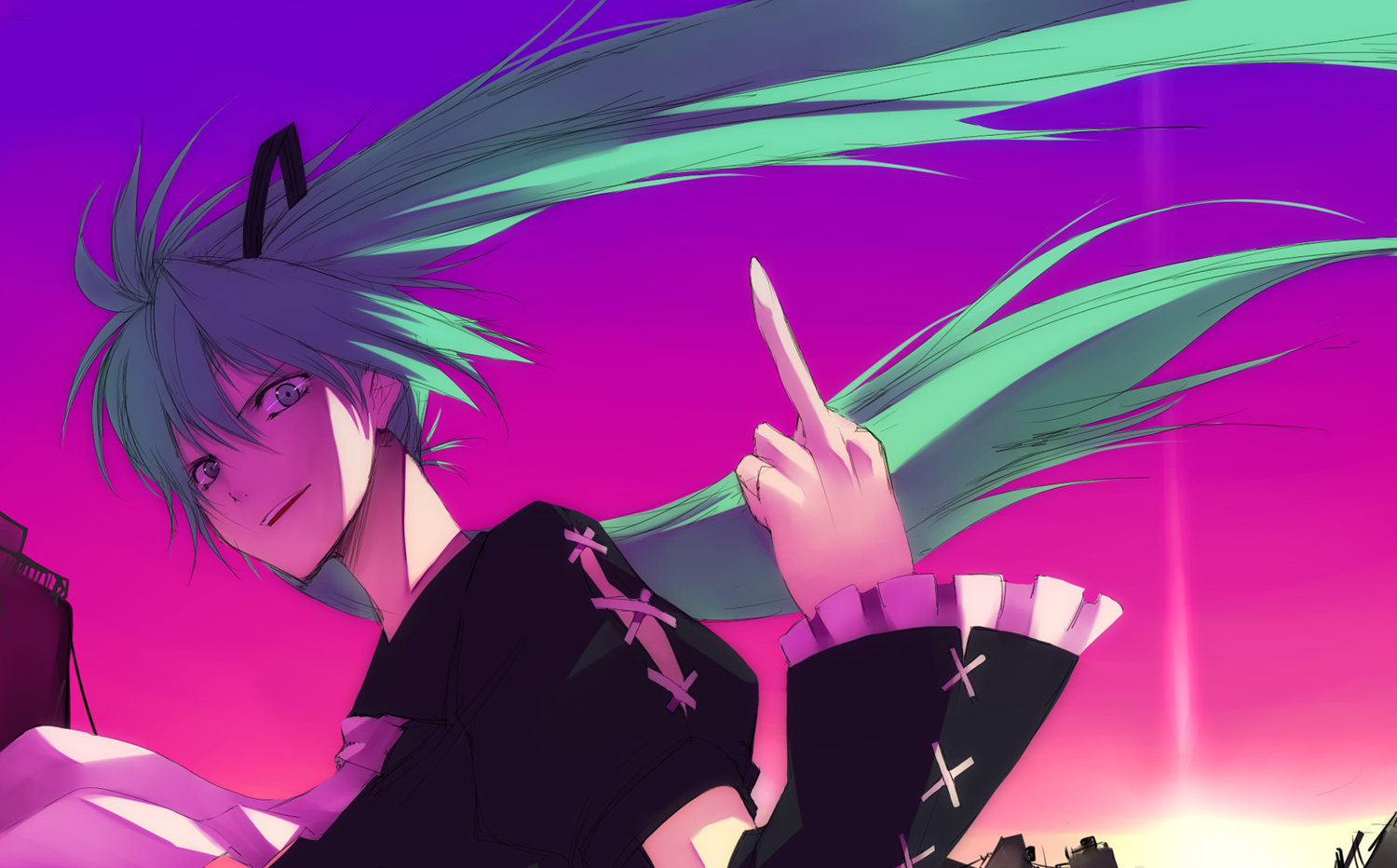

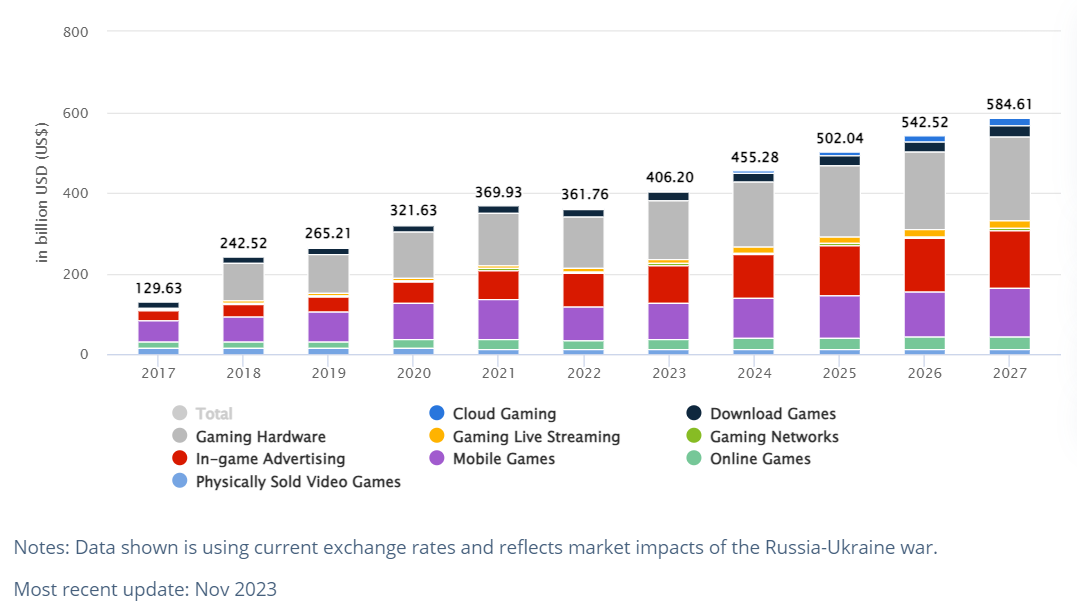


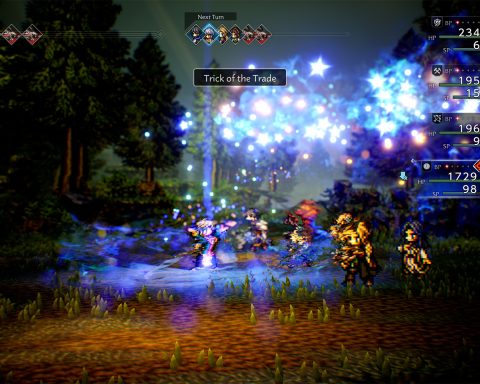
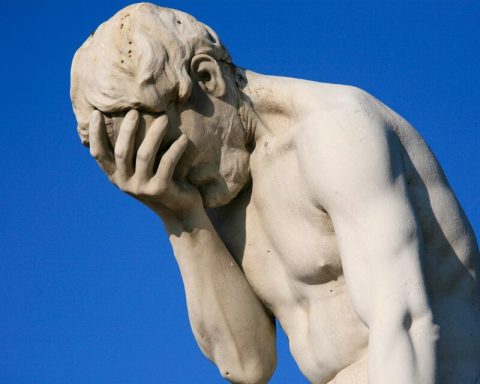
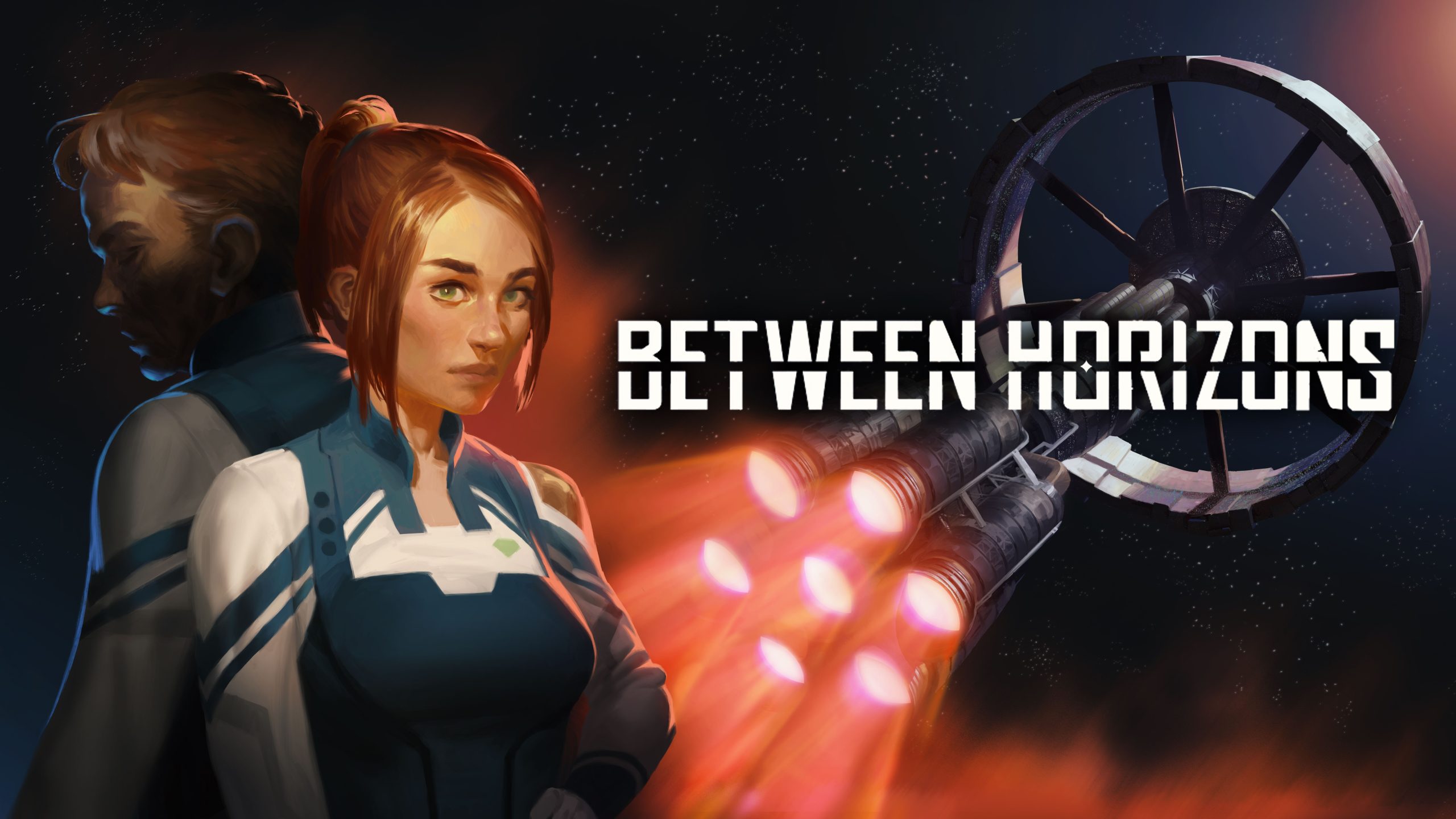
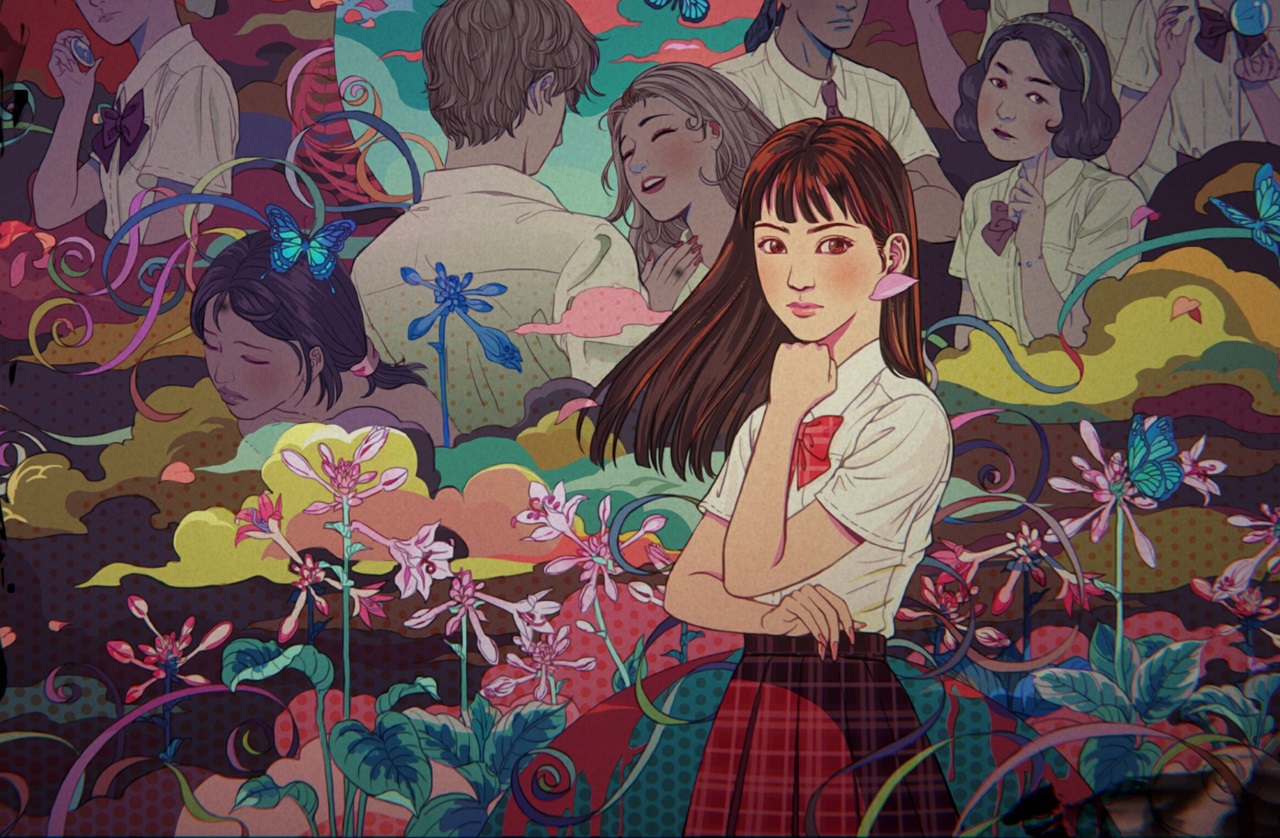





I believe driving this blind capitalism is a mindset that is convinced it can see and hear everything because of a bunch of numbers. To me, it’s indistinguishable from a cult-mentality; or a form of religious extremism. And it is EVERYWHERE, lifting up people that do not think for themselves and stay in line, following the “machine”, so to speak.
And if those are the kinds of people that are allowed to steer the ship, I guess it really has to crash. But I also believe we can choose how this crash goes down. After all, we built it. We have all the tools and toys we could possibly want, and if the artists remember how powerful they really are, that new ship sets sails before the old one has time to sink.
I do hope that we can look forward to some kind of future when humanity transcends the grip rancid capitalism has over us. It’s just hard to see that future sometimes 🙁
Some kind of cult or religious extremism… maybe. But I think there is a more simple explanation. Greed and shortcoming thinking of management class. Many of the higher-class managers are only interested in making enough profit in order to get promised and significant end-year bonus. How to achieve such thing in time of financial crisis. Easy… lay off some staff. Those managers do not care about long-term consequences for the company for which they are working due to standard on Western market that people are changing jobs frequently.
It’s completely opposite to Japanese way of managing and their corporate culture. In Japan, it’s high probability that your whole working career will be done in one company. That’s way, Satoru Iwata cut down own bonuses and salary when WiiU became financial failure for the Nintendo. Laying off own staff in that time would let lose of credibility of the Nintendo in the eyes of Japanese employees.
Yes, this is a very good insight into why the job losses in Japan tend to be far less frequent (and if they happen, a sign of a company *really* in trouble). As much as Japan is also capitalist – and it really is – there’s a fundamentally different mindset into how you look at employees, and Japanese companies are focused on much more long-term visions, which immunises them (to an extent) to short term cyclical models of doing business.
It also doesn’t help that the industry made a massive hard pivot to “live service” perpetual games to try and squeeze more profits.
They saw the rise in play time of players and these same geniuses thought we can exploit these “captive audiences” further. Forgetting the fact that once people get free time for other activities that supposedly ever growing time playing drastically shrinks. And you are now investing excessive funds in the hope your live service is the one ppl stick to.
So they basically cannibalised themselves by pushing so much emphasis on eating player time they not only now have to compete with other games they now have to compete with the ever dwindling “free time” people have left to spend.
Yes, absolutely. The games industry would be in a far better position if game developers were producing 10 hour experiences and gamers were playing ten of them, then 100 hour games that gamers only have time for one of.
Game studios got too big. They hire way too many middle-managers of all kinds, to the point where in some studios they outnumber the people actually making the games 5 to 1. So of course every time there’s any sort of a down time (or even when not: remember when Activision Blizzard boasted record profits and laid off 800 people in the same conference?) they’re laying off everyone they can get away with to later replace them with fresh people that will work for lower rates because of their shorter experience.
When all you need to make a good game is like a dozen people. Sometimes less, but those I would call exceptional people.
Absolutely. Rather than aim for sustainable growth, all these companies figured they could gun for explosive growth, make quick megaprofits, and then… keep growing, I guess.
That or some of these companies went for explosive growth to boost up their acquisition value (given that the industry has been going through a period of consolidation). Great for the shareholders at the top.
Not so great for the numbers that become disposable once their new owners realise that the company isn’t actually worth that much.
Good article. But I think things are even worse in this system. There’s parallels to a cult, yes, but a cult is a grift taking money from the audience. In capitalism the cult leaders actually see the face of God. It’s the representatives of capital, the thirty people the system funnels the money to… To the point they have as much wealth as the 50% poorer people on the planet.
And you are right that there were bad decisions in the industry that hurts people who make games. But some of those decisions are not incompetent because they are exactly what the system wanted them to do. They may be greedy but they don’t have a choice, it’s why the system is so pernicious and effective. It’s the concept of the capital’s uncontrollability.
Imagine a game of soccer. You receive a ball of capital and you have no choice but to score. You can pass or shoot, but you have to make your play or else the ball will be taken away. Even if your opponent don’t steal the ball, you can still be substituted for someone who will play and lose your place as a starter (like being one of the 30 richest people).
In the game of soccer there is a whole lot of life outside the field happening. The ideological trappings of capitalism is convincing people that the whole world, the only thing that matters in “soccer”, is the ball game. You either have the ball going your way or you’re taking out someone who has the ball. It tells you have to do everything to get it, no matter the human cost, present or future cost (ecological damage). And if you don’t do it, capital will find someone who does.
Those 300 billions are not simply put in the pockets of the rich. It’s money in flux, it has come from somewhere and therefore it could have gone elsewhere. In other words, profits in the industry does not only have to be higher than the previous industries, it also competes with other industries, including speculative markets. They are all indistinct “investment options” to capital. Including the weapons industries. War and neocolonialism are just another profitable venture under capitalism.
Art has always resisted, even when it was at the margins of the system of production of goods. It’s the centuries of starving artists. Videogames took a while to gain notoriety outside of the definition of a consumer product. And now we are seeing more people being put on the condition of a starving artist. Brendan Keogh’s “the videogame industry doesn’t exist” does a great job of ilustrating the vitality and the importance of game development outside of the formal industry + publisher model. Not that creative people should only be motivated by reasons other than making a livelihood from their labour, but that is the concrete reality people who make games have to deal with today. Just like with artists in other mediums.
That’s all to say: things are awful. There’s no good solution that does not include overcoming capitalism. A solution is needed because people are hurting, not only impoverishment but with the manufacturing of wars (or at least bombing people who can’t retaliate).
The financial system that feeds the game industry is the same system that feeds others, like the weapon industry. The profits of the Game industry also feeds others, like the weapon industry. Since it’s all connected, when analyzing the game industry we can’t forget it is part of this unsustainable and unbearable system. A lot of issues in the game’s industry comes from being part of this system, that’s how crisis in the rest of the system ripples into the gaming industry.
There’s a famous slogan “socialism or barbarism”, and we need to recognize we already live in a barbaric system. And it needs to change.
You do make a good point. I tend to think of CEOs and those that make decisions in these companies as simpletons, but that’s not always doing them justice. Sometimes (often) they’re acting in malice, with the level of sociopathy required to succeed in the capitalist system.
I really need to catch myself on that. I give these people too much credit. Being dumb is forgivable.
Extremely sad. Even my wife who doesn’t keep up with VG news too much is aware of this and we are both very upset about it.
Yeah, it’s become a disturbing trend that the mainstream has become very aware of (and with games, that’s when you know something is very wrong).